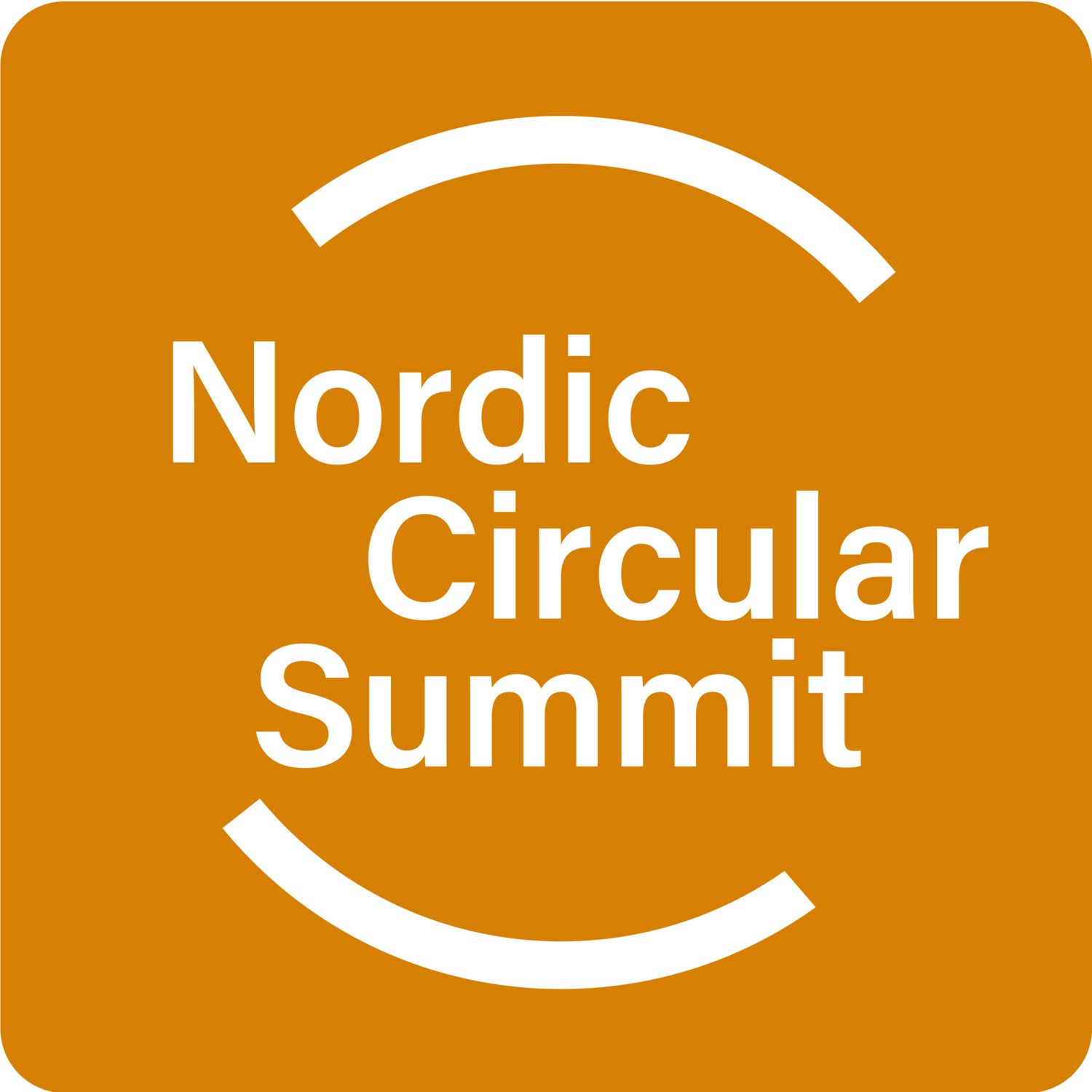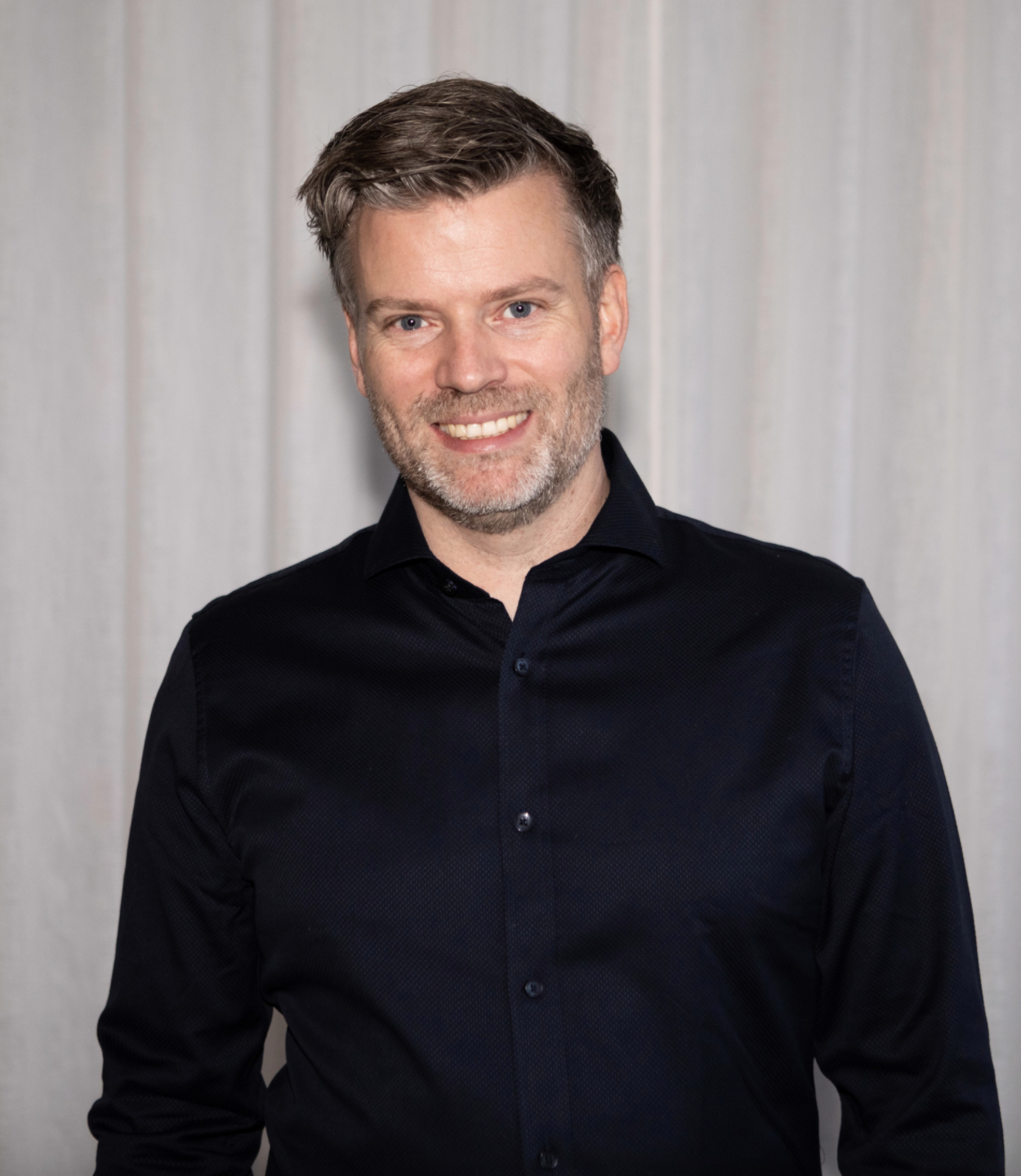What does the future of the Nordics look like? Are we headed towards true circularity or an accelerating linear economy with a few circular businesses at the margins?
Here in the Nordics, we are frontrunners in knowledge production on circular economy and the Nordic Circular Hotspot is a testament to the high level of cooperation and collaboration in our mission to transform our economy around sustainable principles. At the same time, our current economies also boast some of the most intense rates of resource depletion and greenhouse gas emissions per capita in the world. What will the circular future of the Nordics be?
In this session, we synthesise the latest data and predictions from social and natural sciences to investigate best—and worst—case scenarios for our region’s circular future and ask the tough questions. If a liveable future requires radical system change, then how can we prepare for it? Is it possible to do more than just “damage control”? And finally, how can we go beyond the Nordics and spread our successes to accelerate a truly global circular transition?
Agenda
Welcome and introduction to the session: utopias and dystopias — a map of possible futures
Zuzana Malinkovičová, Project Manager Cataly(c)st, DTU SkylabKeira Dignan, Secretary General, ReGeneration 2030
Panel discussion — how can we prepare for a future worth fighting for?
Moderator: Floris van der Marel, Researcher and Cataly(c)st Youth Advisor, Aalto University
Bettina Schwalm, Partner & Director for Future Thinking and Foresight, Next Agents
Jakob Lagander, Country Manager Sweden, 3stepIT
Lára Kristín Þorvaldsdóttir, Youth Advisor Cataly(c)st, EFLA Consulting Engineers
Kim Hjerrild, Design & Lifestyle Cluster
Ugnė Budriūnaitė, Chairperson, ReGeneration 2030
Kristoffer Lundholm, Head of Sustainability, Sally EY Doberman
Under our current conditions, companies must often play circularity off against profitability and cost-effectiveness when it comes to future strategy. What are the key barriers for your organisation in adapting to a best-case scenario circular future — for example, one where GDP growth is not aimed for? Could your company survive in a post-growth economy?
On the flip side, what system changes would enable your organisation to prioritise true circularity in what you do?
Many of our value chains here in the Nordics are currently built around the extraction of large amounts of labour and raw materials from the global south (not to mention the enormous debts currently extracted from developing economies that inhibit sustainable development). What role can we play here in the Nordics in a global circular future?
Questions from the audience
Closing remarks and summary — what can we take away from this session to use for truly future-proofing our thinking?
Zuzana Malinkovičová, Project Manager Cataly(c)st, DTU Skylab
Keira Dignan, Secretary General, ReGeneration 2030










